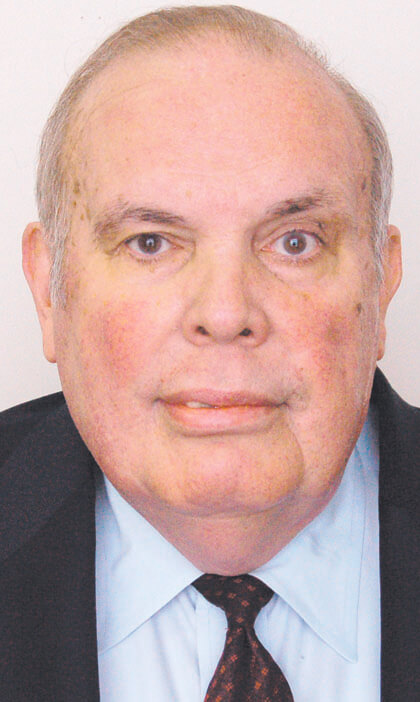By William Lewis
In the 2010 election, several cliffhanger races for the state Senate have delayed the verdict on which party won a majority. In addition, the courts have been getting more involved in deciding election results as demonstrated by the court cases involving three Albany Senate contests.
In one particular Senate race in western Nassau County, where Republican Jack Martins has been leading Democrat Craig Johnson for a seat, Johnson has asked the state Supreme Court for a hand count of all the ballots. The court has refused his request. He has mentioned appealing that decision to a higher court.
If he does and the higher court in this case decides in his favor, the final results of this election will probably not be completed until well into next year, which will be at least weeks after the 2011 Senate legislative sessions begin.
This means that during that period of time, the people of that Senate district will not be represented and it will cause serious problems in terms of determining a Senate majority, since the number of elected Republicans and Democrats is so close. If a hand count is used to determine the winner of an election and this procedure becomes commonplace, it defeats the purpose of having voting machines. Our entire voting system would be undermined by hand counting ballots.
The more absentee ballots there are, the more time will be spent checking and counting ballots besides the time used in challenging ballot validity. Emphasis should be placed on instituting standards for voting so election results are known shortly after the election. The system has to be made more efficient.
Turning to the state Conservative Party, the big news is that it has replaced the Independence Party on Row C pertaining to the voting ballot. This puts it next to the Democratic and Republican parties in ballot position, since the Democrats have Row A and the Republicans Row B. The Conservatives have been occupying Row D for more than a decade. Certainly ballot position is an important element in political party voting totals.
Queens Conservative Party Chairman Tom Long, when asked about the Conservative Party comeback on Election Day, said, “I’m glad that voters chose to vote on the Conservative line. The Conservative Party emphasized issues that many voters agree with, including lower taxes, smaller government and family values.”
Long also indicated that next year the Queens Conservative Party intends to work on building the party and increasing its enrollment. He believes that a major reason why the Conservative Party was able to surpass the Independence Party in statewide voting was that Conservatives strongly pushed issues while the Independence Party did not. So the Conservatives will be on Row C for the next four years until the next gubernatorial race in 2014, at which time the Conservatives and Independence parties will again face off in an election contest for control of Row C.
As previously indicated, next year will be an off year politically in Queens. There will be elections only for district attorney and some judgeships. In years when there are full slates of candidates for public office, the political clubs in Queens are busy circulating petitions and generally helping prospective candidates organize their campaigns.
Next year, some of the discussions during their meetings will focus on the forthcoming U.S. presidential race in 2012 and how it will affect local campaigns. It is expected that political clubs will have more guest speakers addressing issues concerning the electorate.
In summarizing Queens election results in 2010, the Democrats maintained control of the congressional and state Assembly seats in addition to winning a close race against Sen. Frank Padavan (R-Bellerose). But the Queens Republicans remain optimistic for the future considering that last year they won three City Council seats, which was not expected, and several major races for the Senate this year were close.
Next year will be a rebuilding process in all political parties as they prepare for the 2012 presidential election.




































